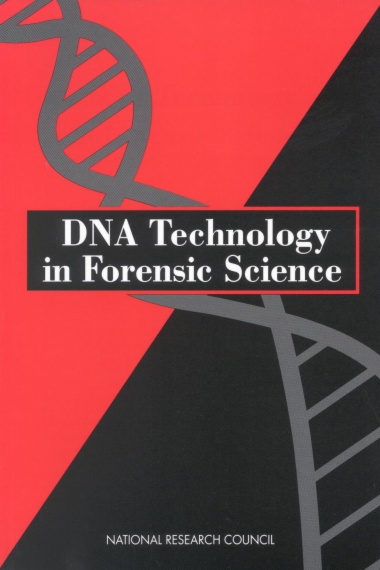Matching DNA samples from crime scenes and suspects is rapidly becoming a key source of evidence for use in our justice system. DNA Technology in Forensic Science offers recommendations for resolving crucial questions that are emerging as DNA typing becomes more widespread.
The volume addresses key issues:
- Quality and reliability in DNA typing, including the introduction of new technologies, problems of standardization, and approaches to certification.
- DNA typing in the courtroom, including issues of population genetics, levels of understanding among judges and juries, and admissibility.
- Societal issues, such as privacy of DNA data, storage of samples and data, and the rights of defendants to quality testing technology.
Combining this original volume with the new update—The Evaluation of Forensic DNA Evidence—provides the complete, up-to-date picture of this highly important and visible topic.
This volume offers important guidance to anyone working with this emerging law enforcement tool: policymakers, specialists in criminal law, forensic scientists, geneticists, researchers, faculty, and students.
- Cover
- FRONT MATTER
- SUMMARY
- 1 INTRODUCTION
- 2 DNA TYPING: TECHNICAL CONSIDERATIONS
- 3 DNA TYPING: STATISTICAL BASIS FOR INTERPRETATION
- 4 ENSURING HIGH STANDARDS
- 5 FORENSIC DNA DATABANKS AND PRIVACY OF INFORMATION
- 6 USE OF DNA INFORMATION IN THE LEGAL SYSTEM
- 7 DNA TYPING AND SOCIETY
- ORGANIZATIONAL ABBREVIATIONS
- GLOSSARY
- BIOGRAPHICAL INFORMATION ON COMMITTEE MEMBERS
- PARTICIPANTS
- INDEX

